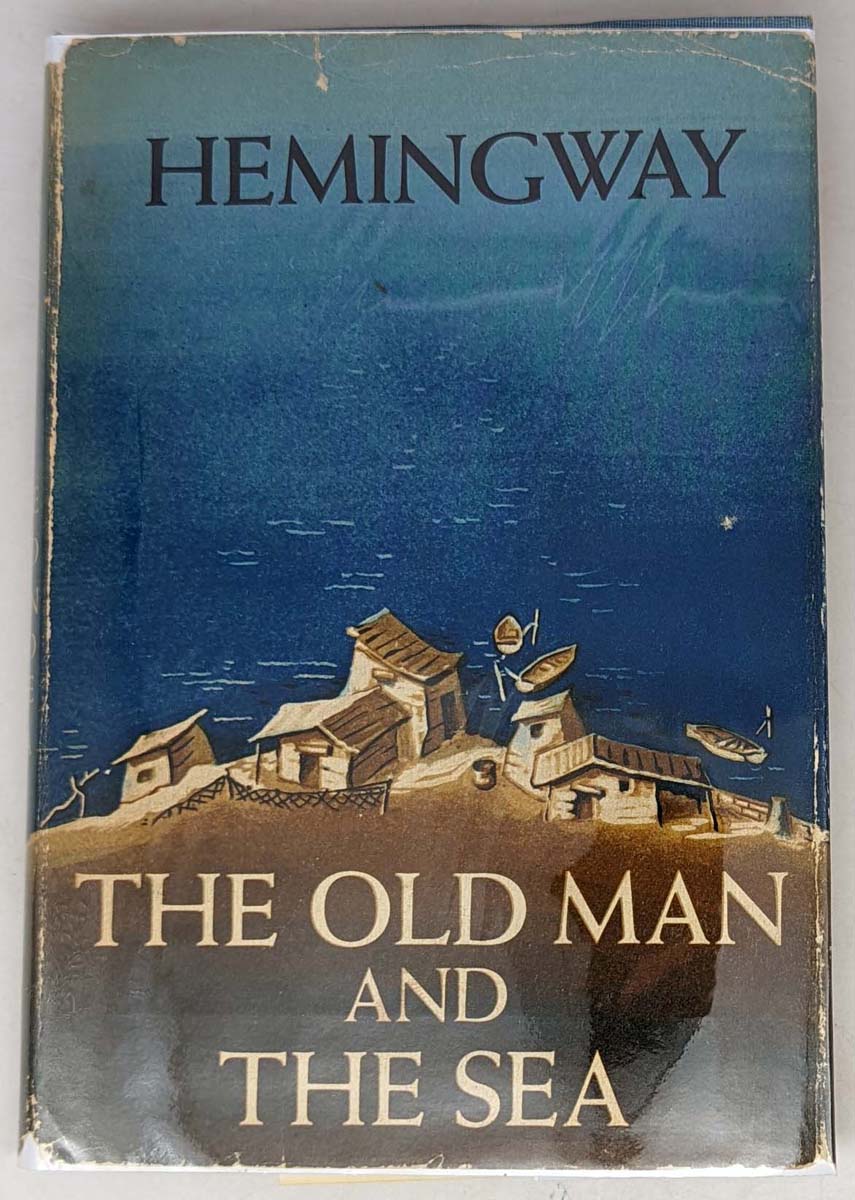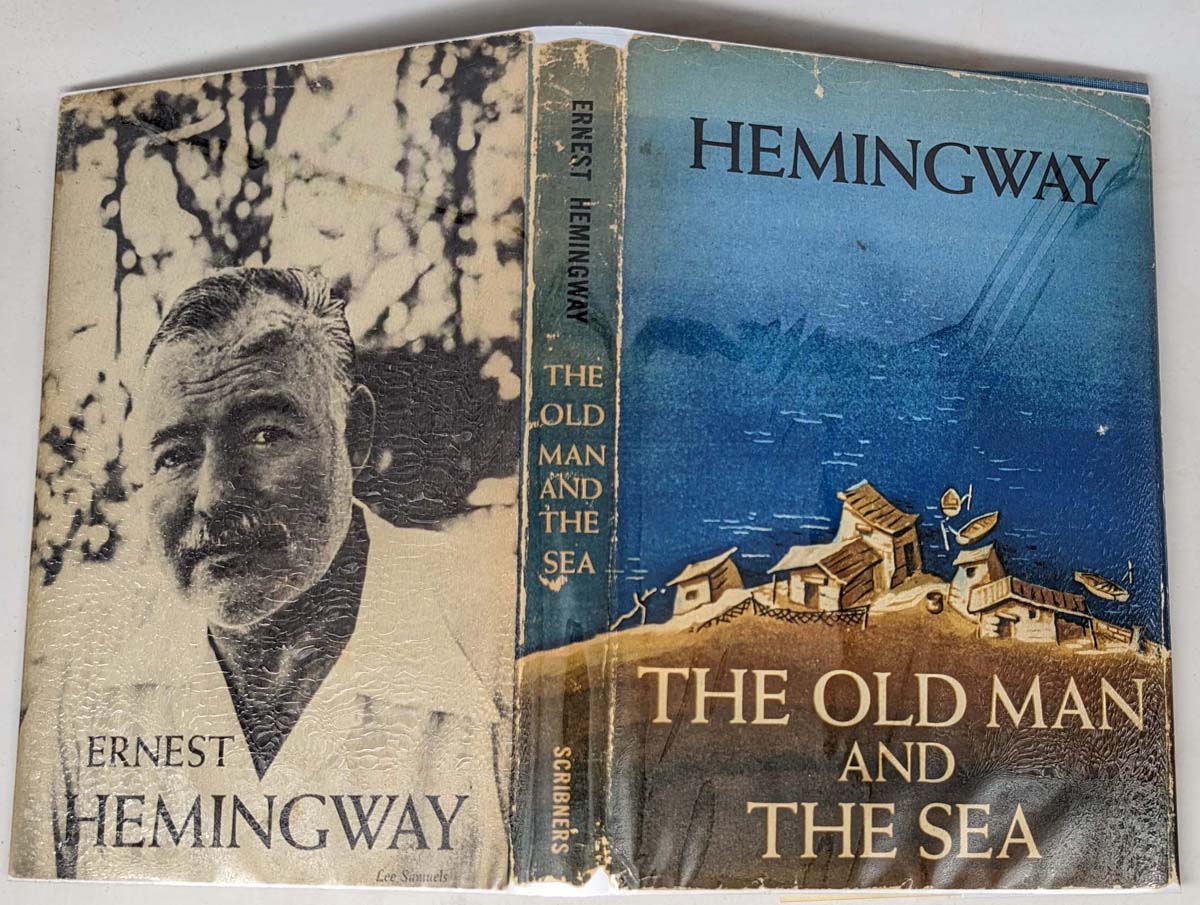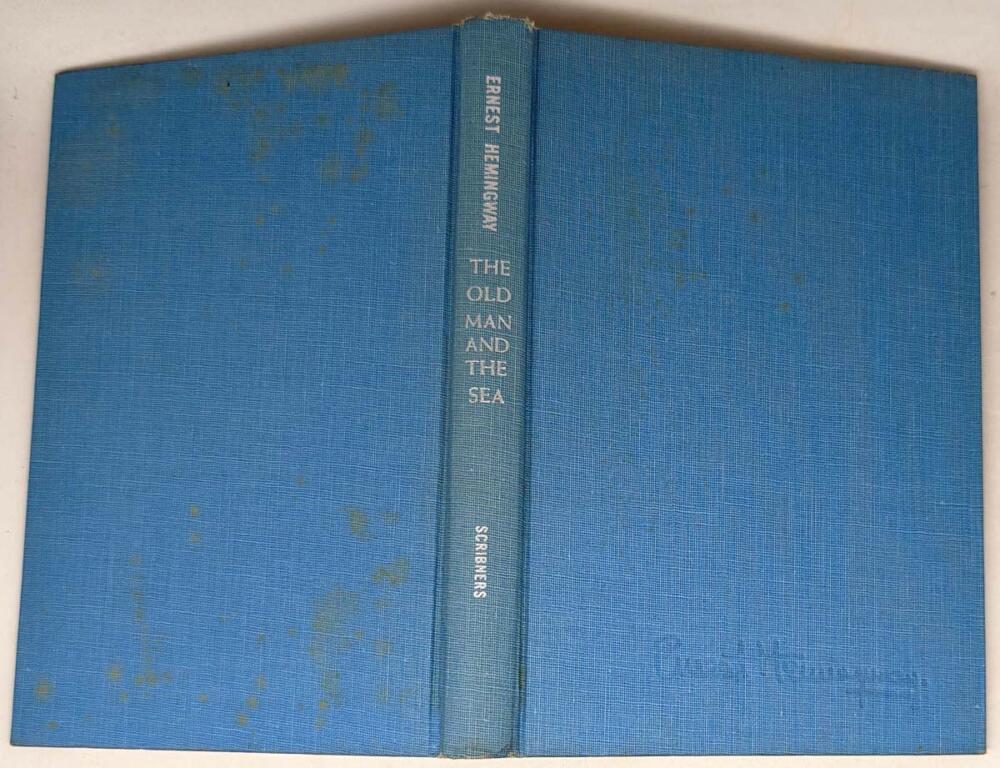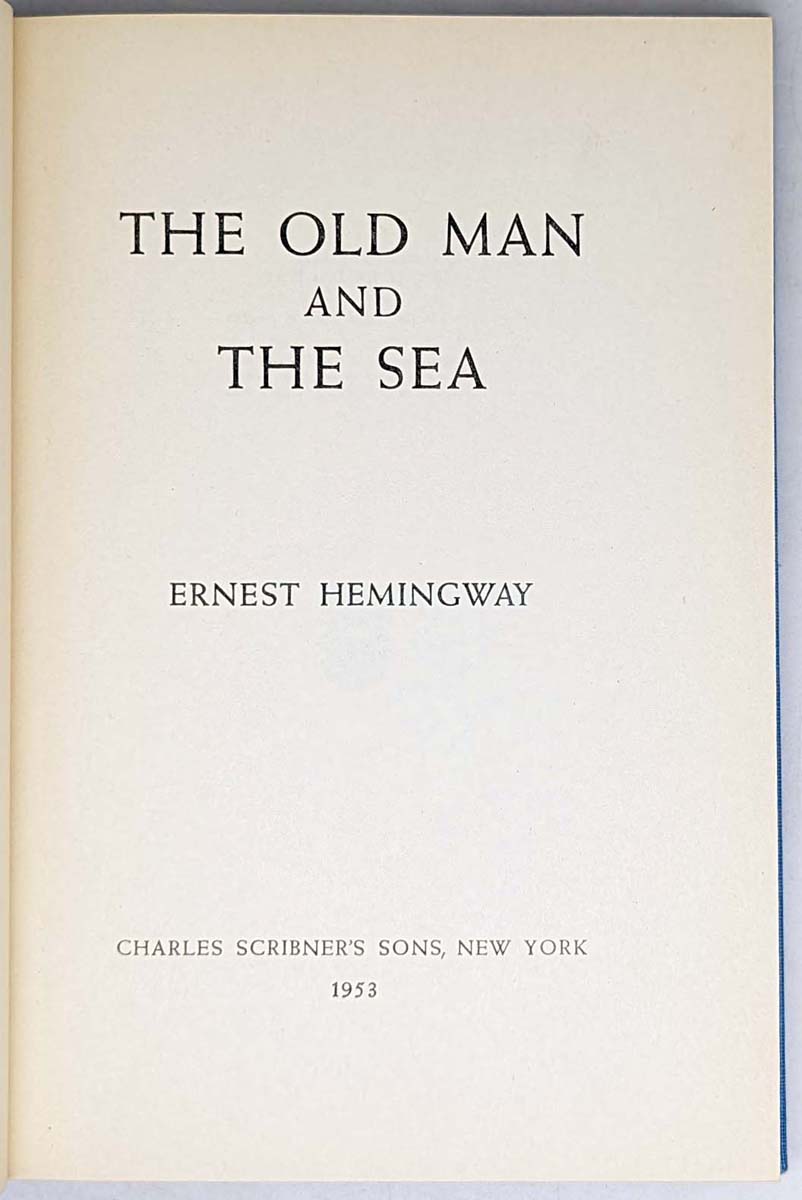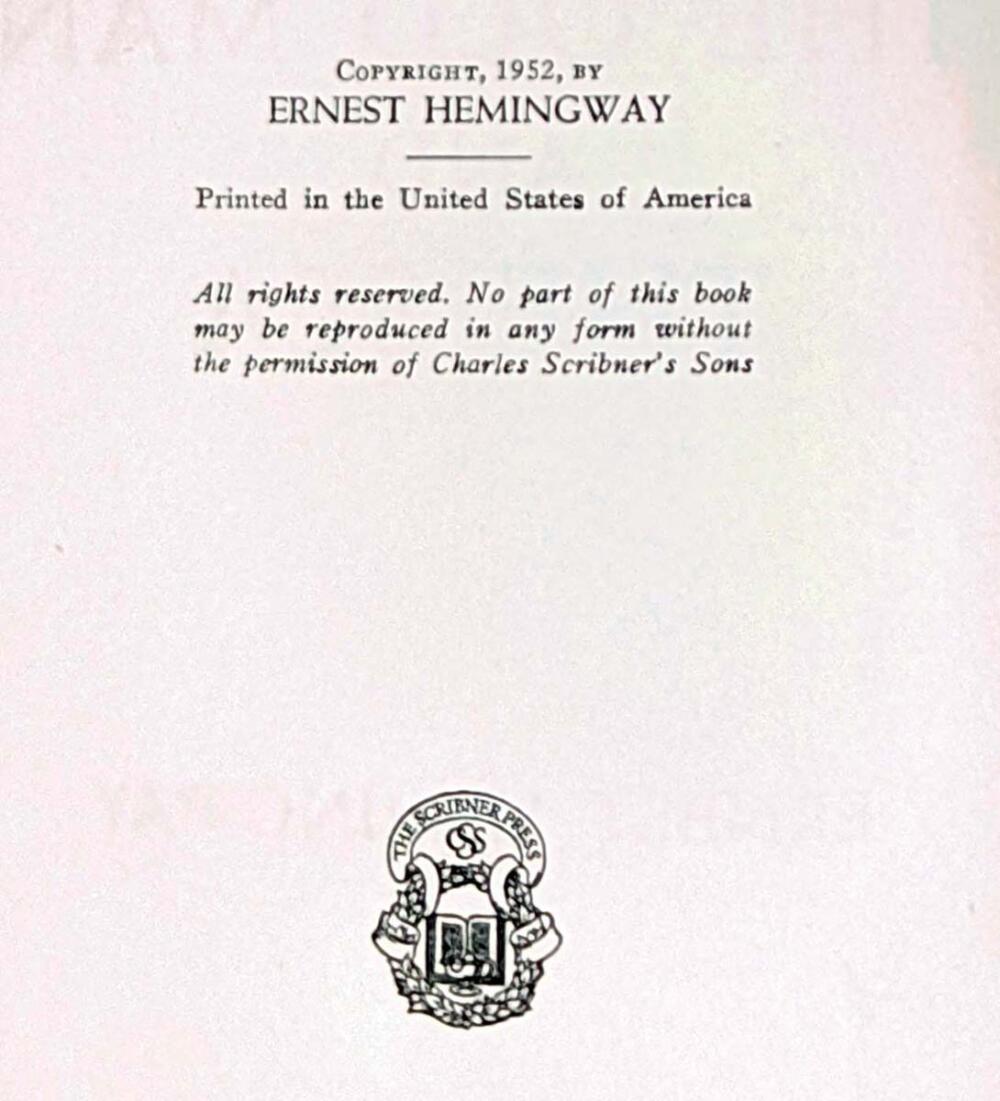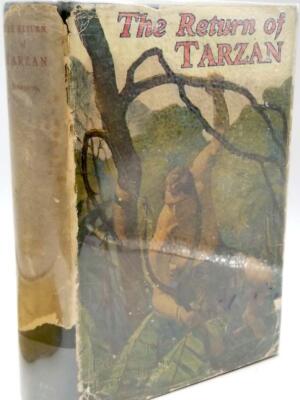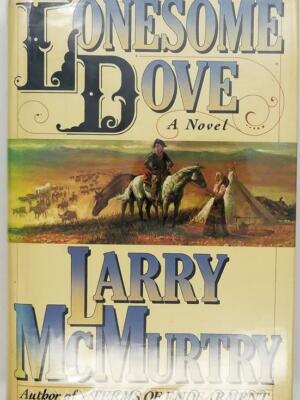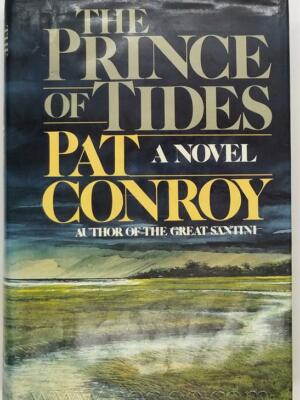The Old Man and the Sea (1952) is Ernest Hemingway’s Pulitzer Prize-winning novella that cemented his Nobel Prize in Literature (1954). This deceptively simple tale follows Santiago, an aging Cuban fisherman who has gone 84 days without a catch, as he ventures far into the Gulf Stream and hooks a colossal marlin. Their three-day battle becomes a meditation on resilience, pride, and man’s relationship with nature.
Ernest Hemingway’s sparse, muscular prose—his “iceberg theory” in full effect—conveys profound depth beneath the surface. The marlin’s skeleton, picked clean by sharks on Santiago’s return voyage, transforms into a symbol of both triumph and futility.
For similar reads, try Moby-Dick (1851) for another epic man-vs-nature struggle, or The Pearl (1947) by Steinbeck for another allegorical fable of hardship.
